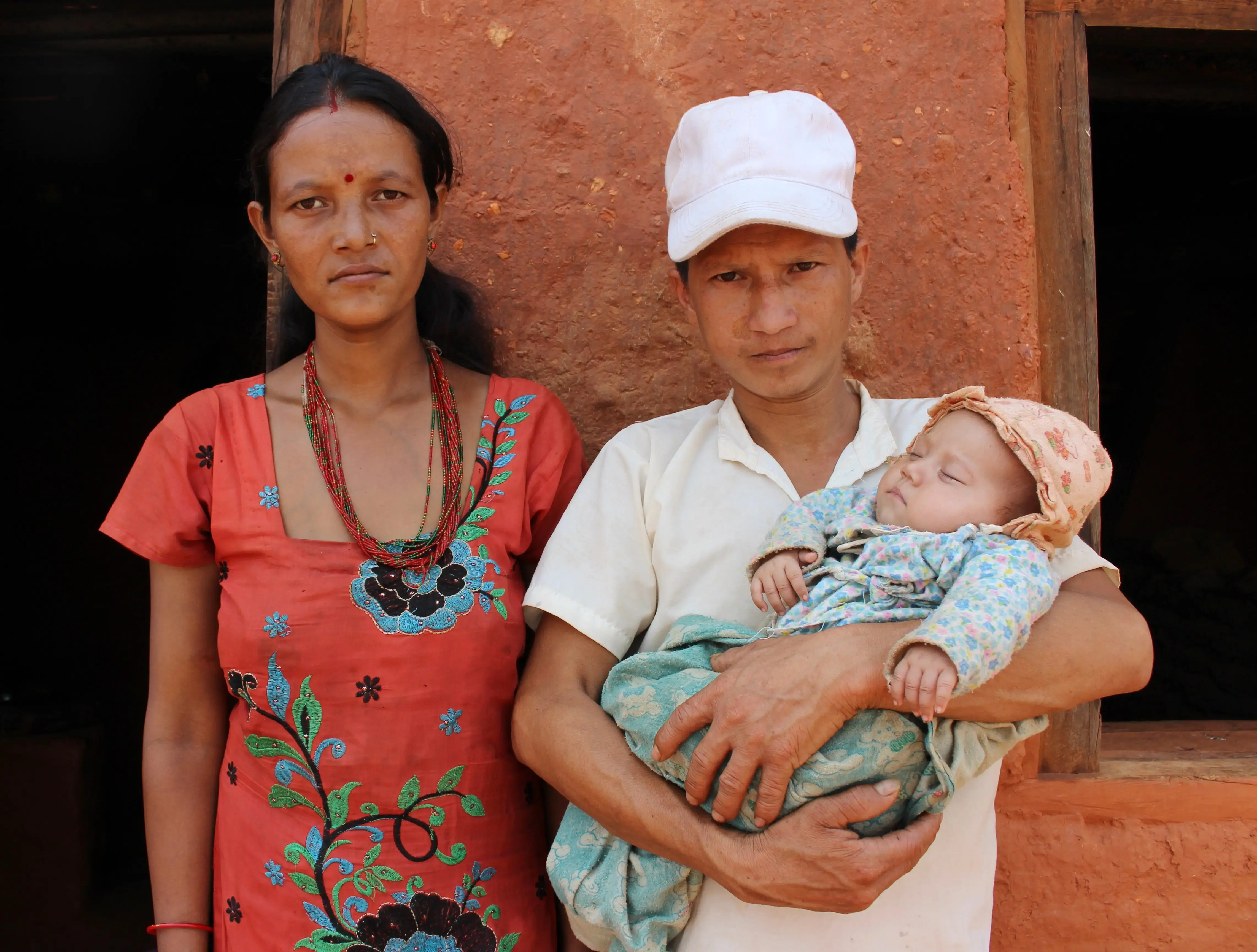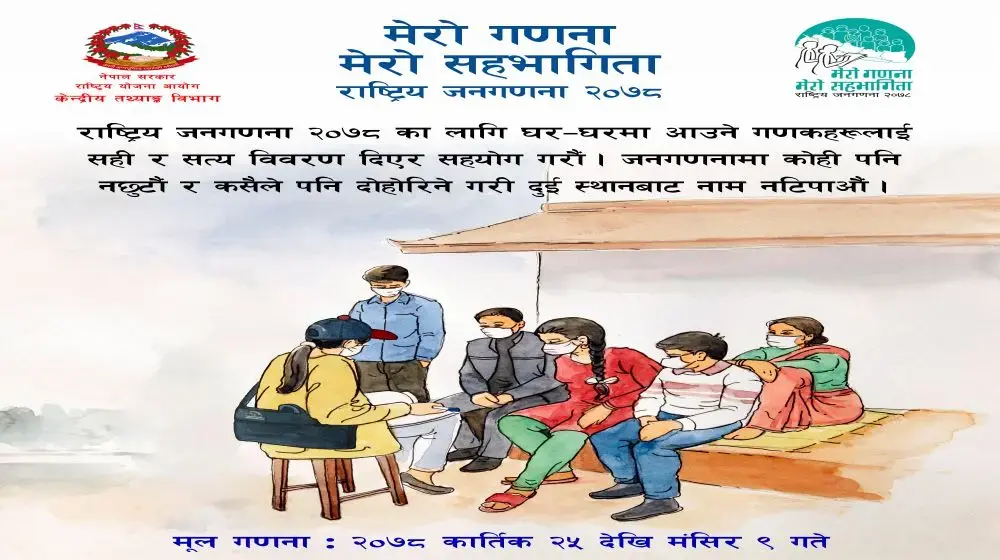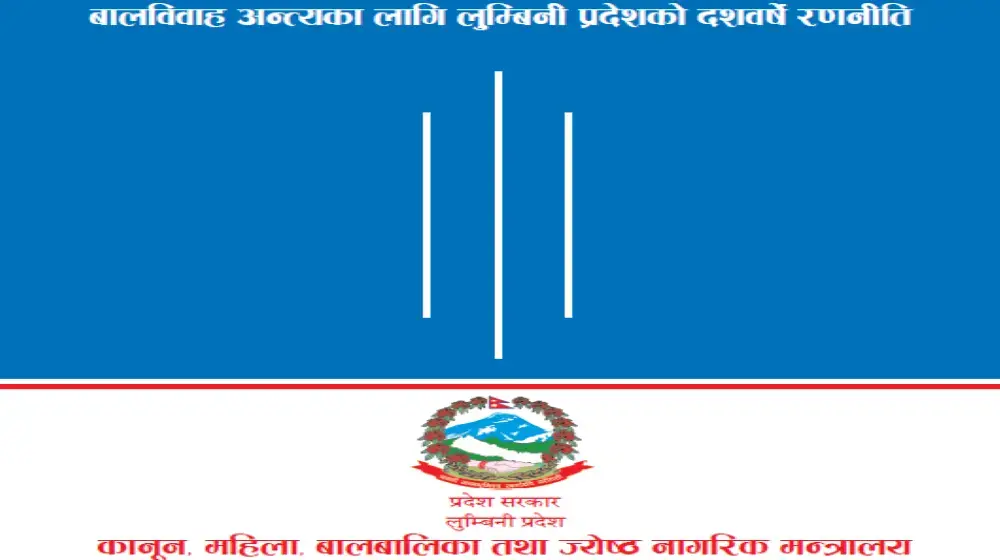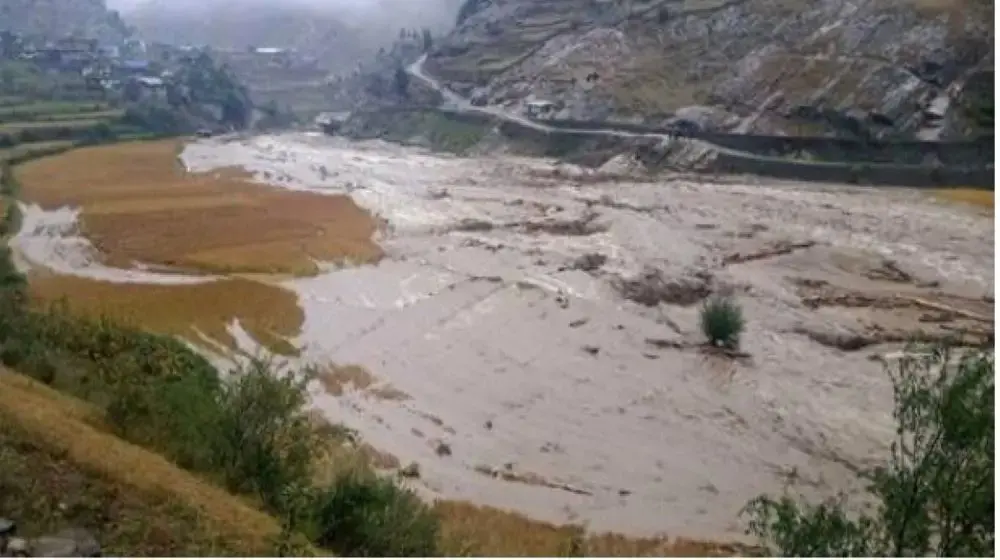World Population Day is an opportunity to focus attention on the urgency and importance of population issues. This year's theme is “Family Planning: Empowering People, Developing Nations” — 'व्यवस्थित परिवार समृद्ध राष्ट्रको आधार' in Nepali.
Access to safe, voluntary family planning is a human right. It is also central to gender equality and women’s empowerment, and is a key factor in reducing poverty.
Yet around the world, some 225 million women who want to avoid pregnancy are not using safe and effective family planning methods, for reasons ranging from lack of access to information or services to lack of support from their partners or communities. Most of these women with an unmet demand for contraceptives live in 69 of the poorest countries on earth.
Investments in making family planning available also yields economic and other gains that can propel development forward.
This year’s World Population Day, 11 July, coincides with the Family Planning Summit, the second meeting of the FP2020–Family Planning 2020–initiative, which aims to expand access to voluntary family planning to 120 million additional women by 2020. The UK Department for International Development is co-hosting the global summit on family planning in London with UNFPA and the Bill & Melinda Gates Foundation in collaboration with Family Planning 2020 and in close partnership with USAID and Global Affairs Canada, to reenergise global commitment to one of the “best buys” in development: rights-based family planning programmes.
In Nepal, increasing availability and access to quality family planning services and addressing the unmet need for contraceptives among individuals and couples is a key priority of UNFPA's work. Through its global programme UNFPA Supplies, UNFPA has been providing essential reproductive health commodities to help the government and local partners offer women and men contraceptives of their individual choices.
UNFPA is committed to continuing its partnership with the Government of Nepal in ensuring universal access to quality family planning services to all Nepali women, men and couples, including young people from the most marginalized and vulnerable groups.





